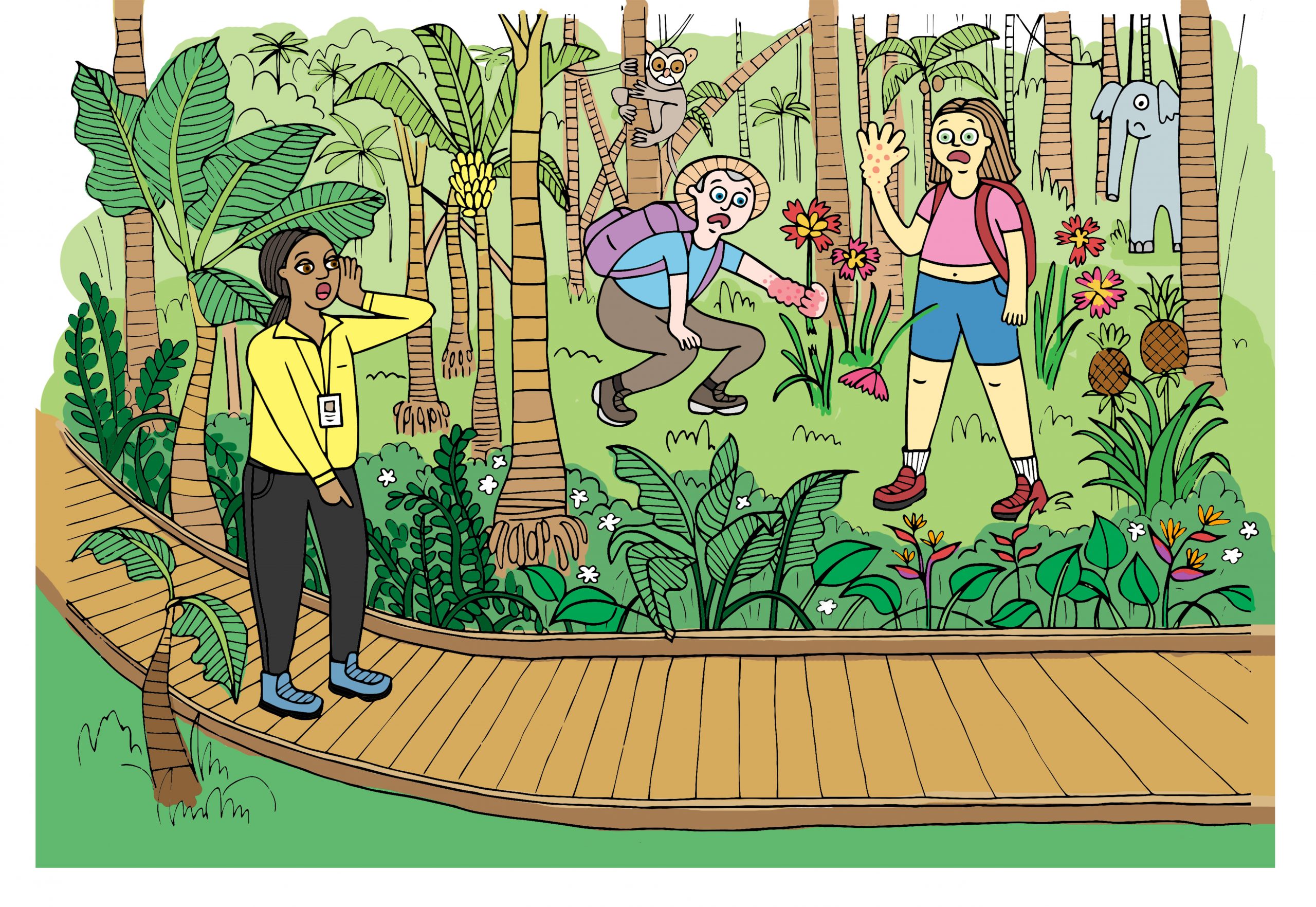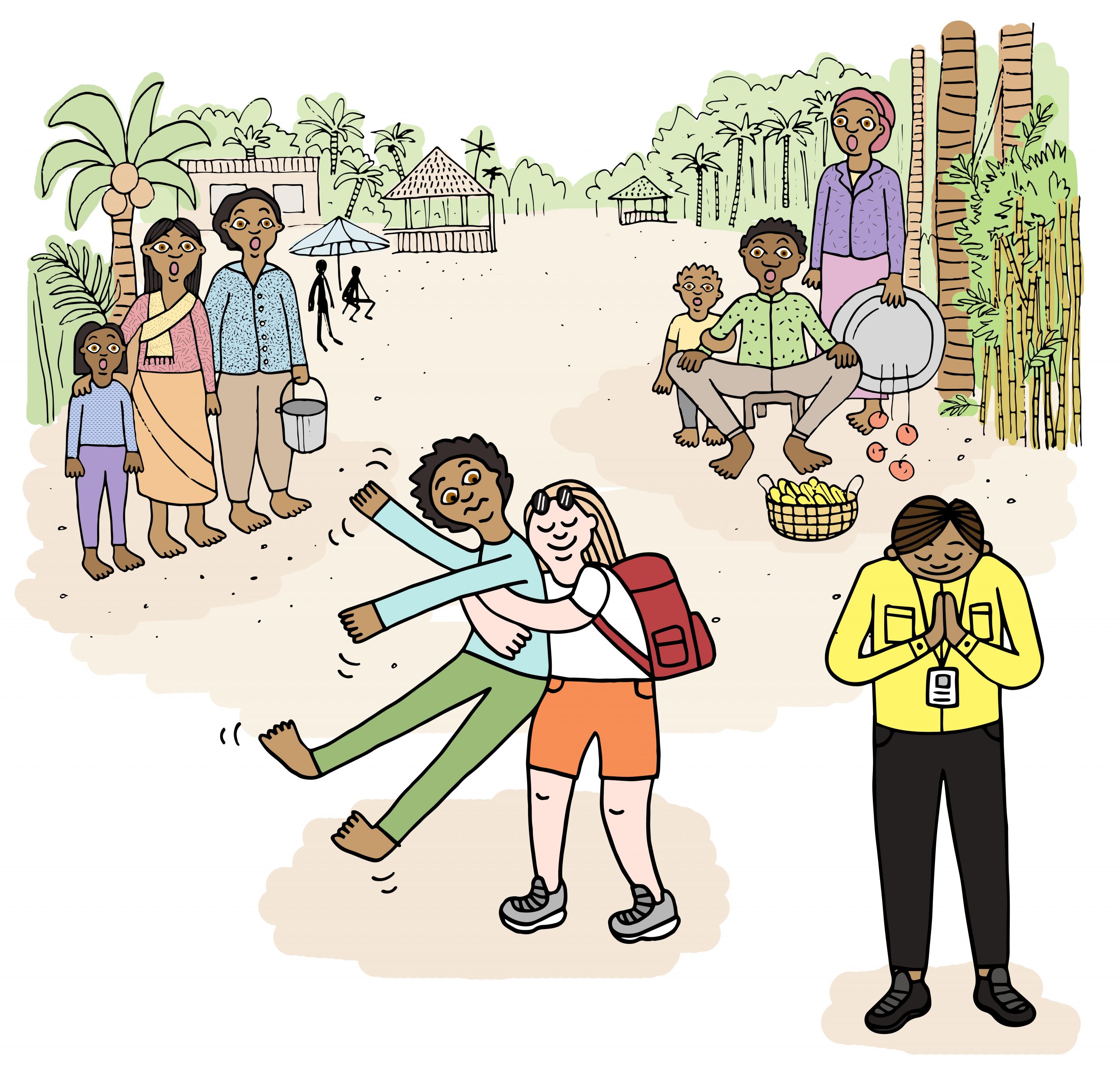
Greetings
Asian societies remain fairly traditional and are attached to old customs.
Avoid showing affection in public as it is considered quite offensive – sorry, no kissing! Don’t touch people of the opposite sex. Avoid touching someone on the head
Don’t curl your fingers to beckon somebody over or point it at another person’s face. Asian people generally use a subtle downward waving motion to summon someone.
When using a toothpick, use one hand to cover your mouth.
Present money and gifts with both hands and accept them the same way.
Always let the oldest be served first and bend slightly in front of elders.
Be sensitive to local cultures
Each country has many different ethnic groups, each of which may have its very own etiquette and taboos. Always listen to the advice of your guide.
Cultural diversity and exoticism is what you came looking for so accept the differences and enjoy it! Do tell locals about your own culture, most are just as curious as you are to learn about other cultures.
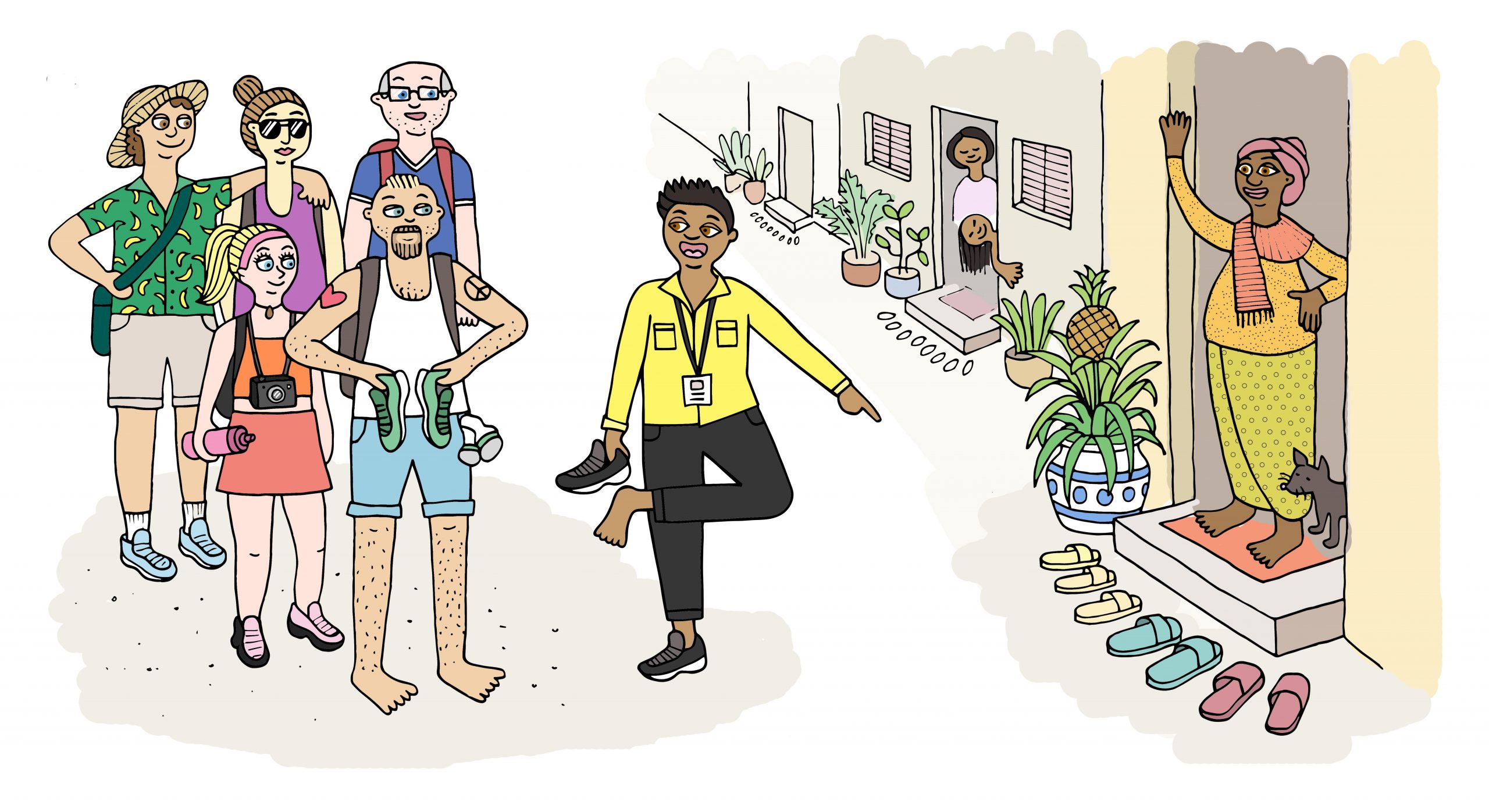
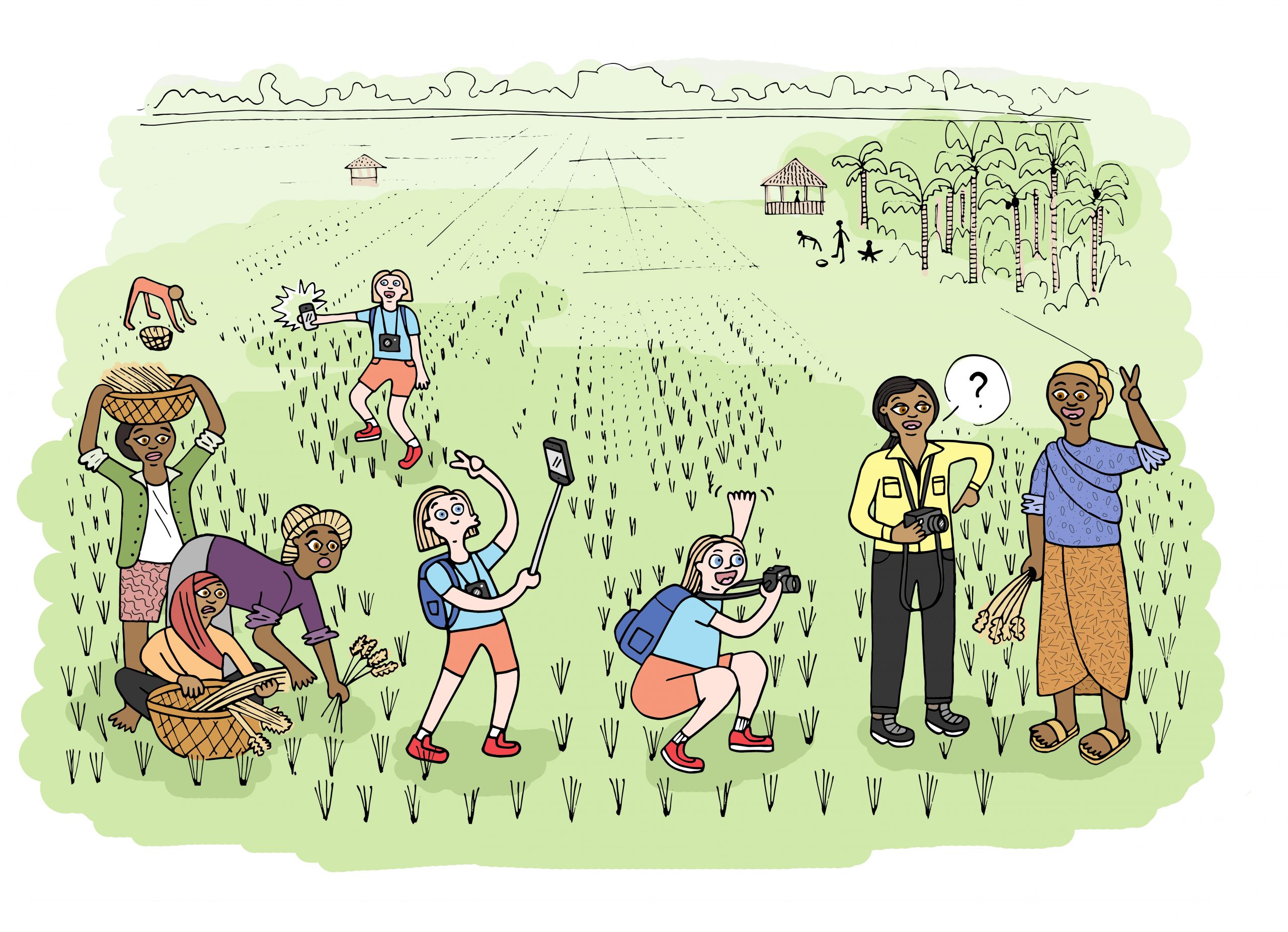
Connect with people before taking pictures
Be prepared to answer, on numerous times, personal questions like: “Where are you from? Where are you going? Are you married? How old are you? etc…” Most people are simply trying to be friendly, to practice their English skills or start a conversation.
Do note that privacy has a very different meaning in Asia. Locals will never criticize you, but will be embarrassed and politely keep their opinions to themselves.
Respect cultural sites
Many cultural sites, even those in ruins are sacred grounds.
Show respect to monks, novices and nuns, don’t offer to shake hands, avoid stepping on a monk’s shadow. Ladies, do not sit next to, or hand anything directly to Buddhist monks. Show respect by not taking photos or disturbing monks during prayer times. Don’t sit with your back or feet towards Buddha’s image. Handle Buddha images or sacred objects with respect; avoid placing them in inappropriate places (on the floor for example).
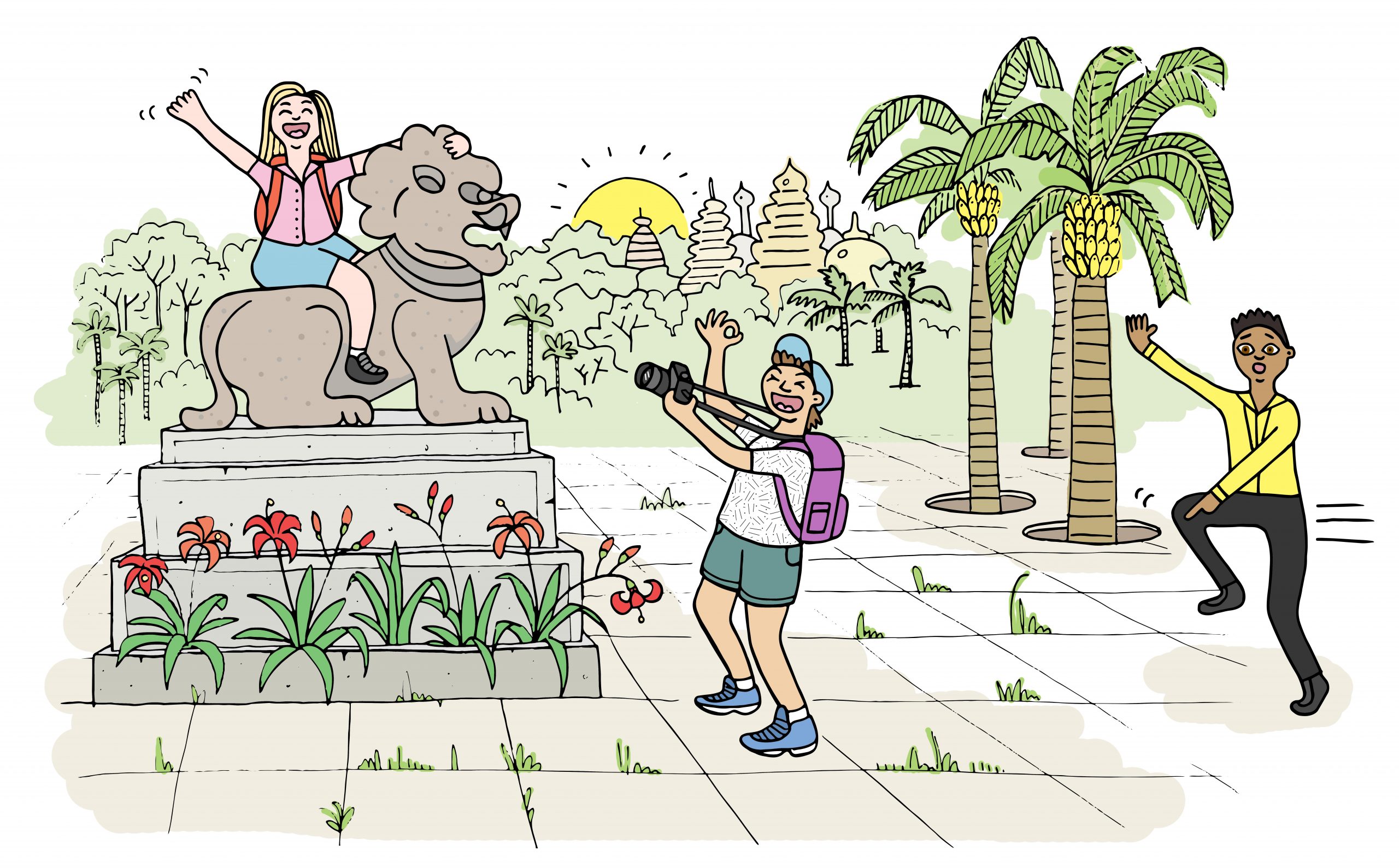
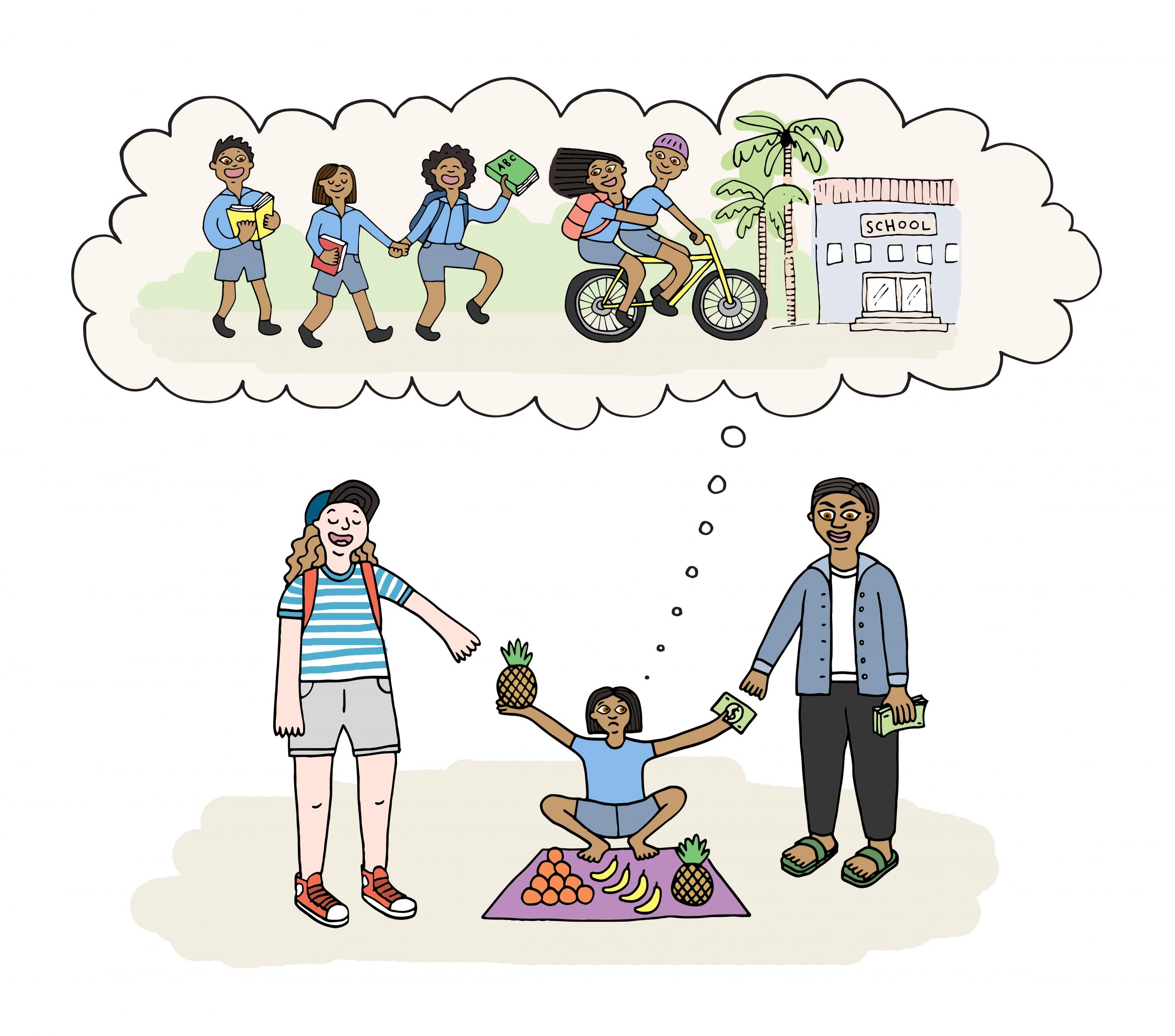
Do not give gifts or buy anything from children
Children are not tourist attractions. Visiting children centres, orphanages or schools is forbidden in western countries.
Research has shown that short-term visits (including volunteer tourism) can be harmful to a child’s development and emotional balance. UNICEF, Friend’s International and an increasing number of children organisations are now campaigning to stop what has become an exploitative practice that turns children and disadvantaged communities into tourist commodities.
Ask yourself: would you allow complete strangers to approach your children, take pictures of them, or give them candies? If you wish to learn more, please visit: www.thinkchildsafe.org
Support the local economy
Buy locally made food & handicrafts directly from local craftsman and markets.
The diversity of local modes of transport adds to the charm of travel. You might be annoyed sometimes by endless calls to use tuk tuks or cyclos but be patient. A polite ‘no, thank you.’ will suffice. Be sure to always agree on the price before taking any form or local transport. For the best sightseeing experience, walk, cycle, take a cyclo or a rickshaw.
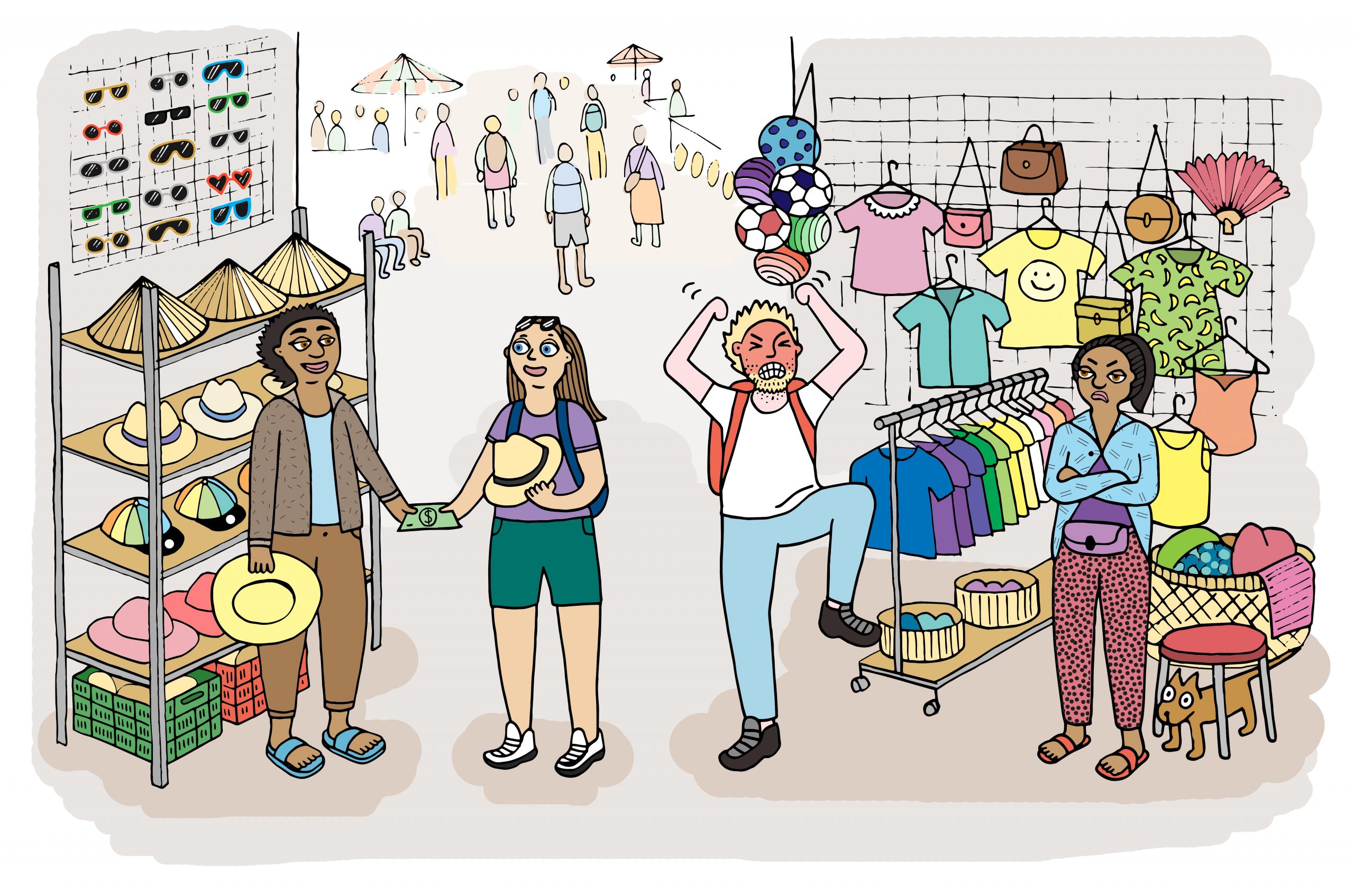
Bargain within reason and with a smile
Whatever the situation, try to stay calm, firm and courteous and speak without raising your voice. Becoming angry is considered a major weakness and local people will be embarrassed for you. ‘Saving face’ is a subtle but important aspect of personal dignity and smiling often can help to open cultural doors.
Criticism is not as easily accepted as it is in western countries and should only be made when also giving praise.
Protect the Wildlife and the flora
Do not buy any wild animals either dead or alive.
Do not purchase historical artefacts, souvenirs made of shells, corals, precious wood or any endangered species. Trading of elephants, tigers, primates, marine animals alive or dead and animal parts such as meat, ivory, bones, shells is illegal. Other wild animal parts such as turtle, pangolin, monkey, red tuna, seahorses, shells, coral and more should not be purchased.
Do not buy any furniture made of timber or other natural materials taken from the forest and the natural ecosystem.
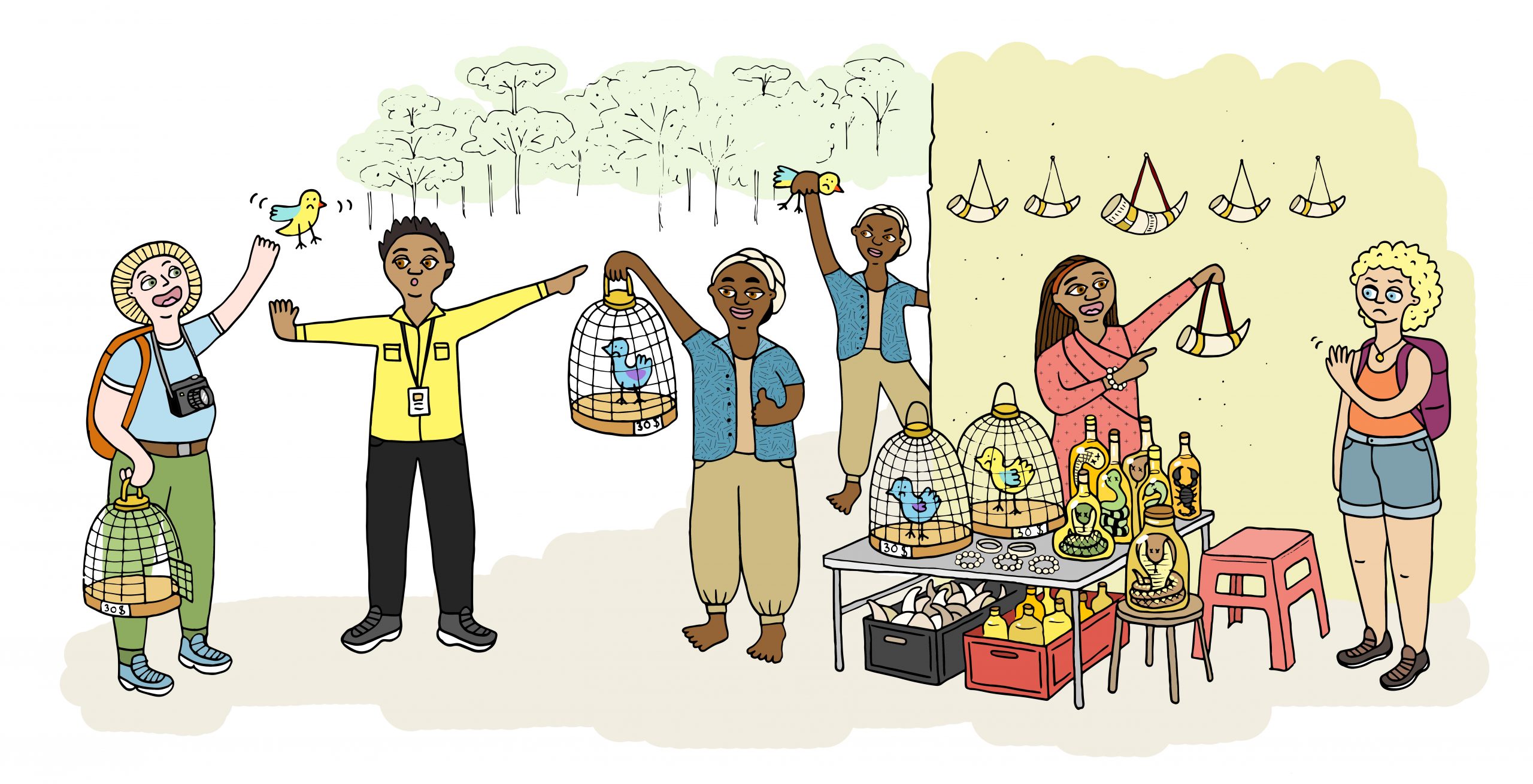
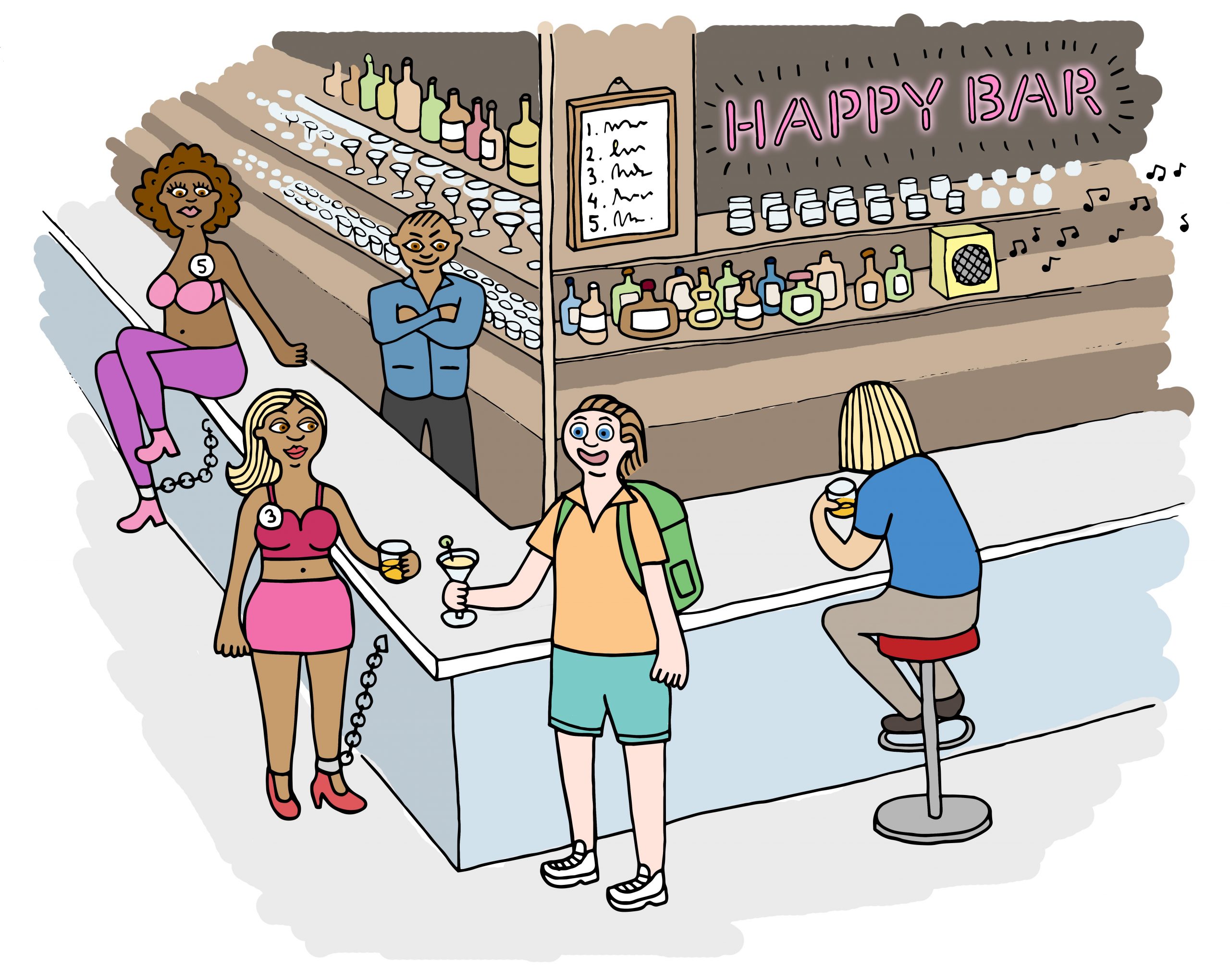
Do not support the sex industry
You risk putting money into the hands of the mafia and catching diseases. What you may see as a glitzy entertainment has a gloomy backstage. Most men and women involved are part of a larger network of human traffickers.
Pedophilia is strictly forbidden. Violators will be pursued and prosecuted to the fullest extent of the law, even after they return to their home countries.
Anti-plastic attitude
Plastic disposal is a major problem in Asia.
When ordering a drink, ask your guide to help you order without a plastic straw. If a glass is not clean using a straw does not make it any safer.
Avoid wrapping your luggage in kilometres of plastic wrap; protect them with locks and carry precious items with you.
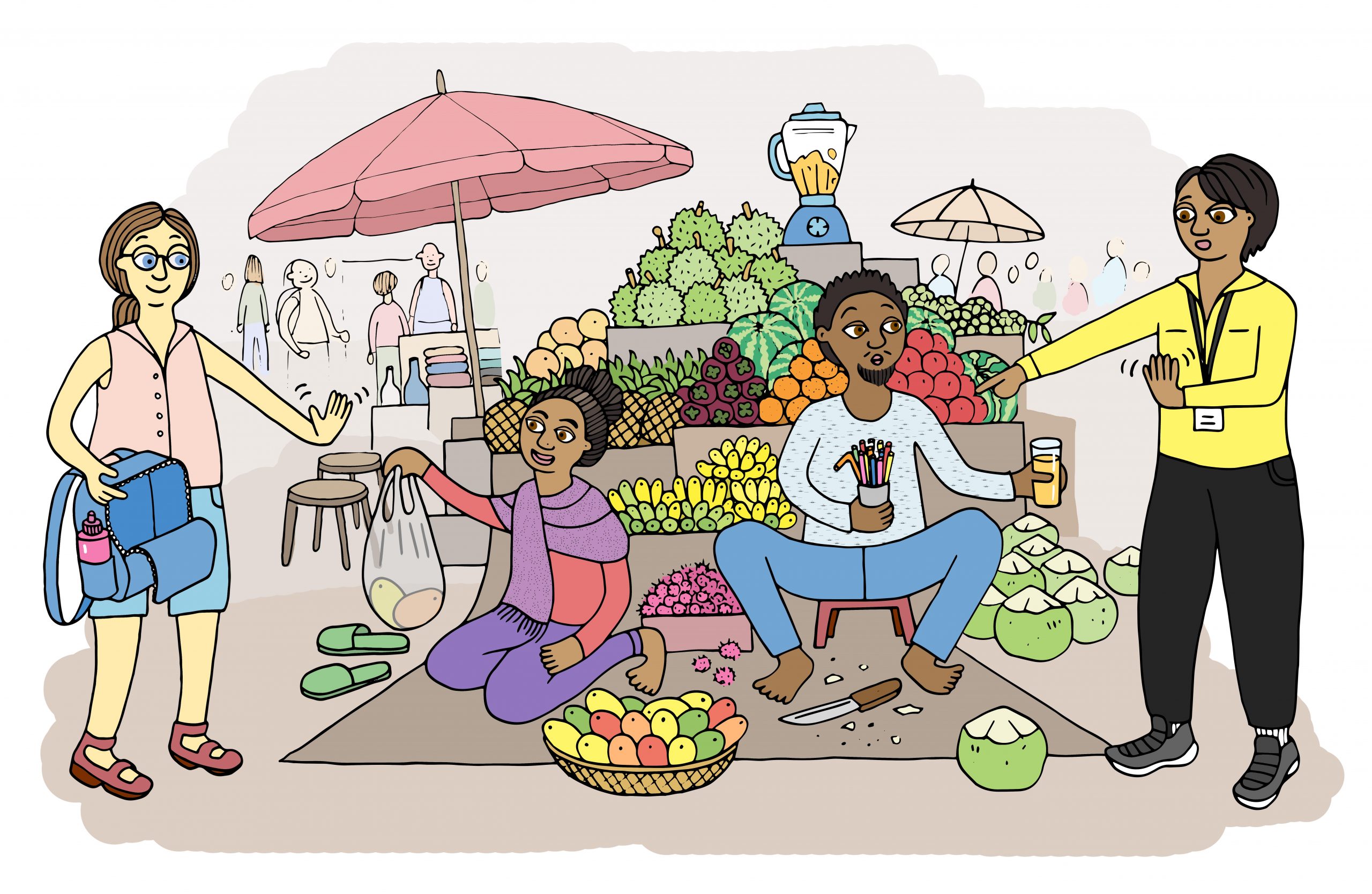
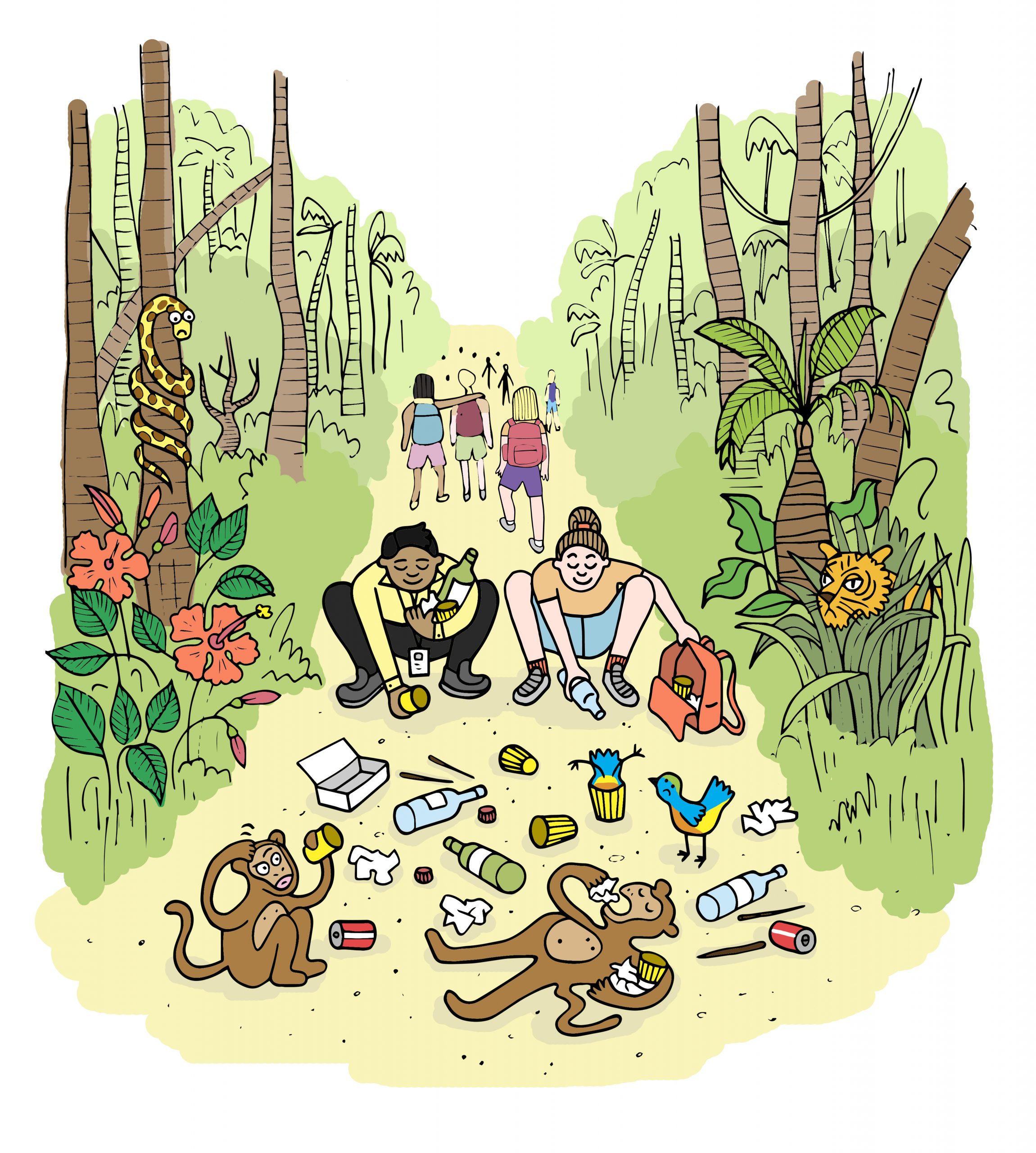
Waste is a waste
Avoid leaving any rubbish behind, especially when trekking or visiting rural villages. Ideally pick up any rubbish you see littering the forest, the sea or beach, protect Mother Nature. Smokers, please keep your cigarette butts with you until you find the next dustbin.
Organic waste such as food scraps should not be scattered or buried in National Parks and any natural areas. This may introduce non-endemic seeds into the local ecosystem. Carry back all your waste with you.
Bring back used batteries to your home country, there is no reliable recycling processing here.
Please always use the toilet facilities provided. If there are none, go at least 50 metres away from water sources and people’s homes. Cover everything and carry any sanitary napkins or baby diapers back with you in a bag for appropriate disposal later.
Avoid throwing waste on a fire as it might offend the local community – many locals consider fire to be sacred.
Save energy and water
In your room, use air-conditioning sensibly. Turn it down when you leave your room or even at night when a fan is sufficient.
Turn off taps and switches when not in use. You can choose not to have your towels and bed linen changed daily, just follow the signs!
Wherever water is heated with cut timber, avoid hot showers it will invigorate your blood circulation.
Ask your driver to open windows to cool down with fresh air in rural areas.
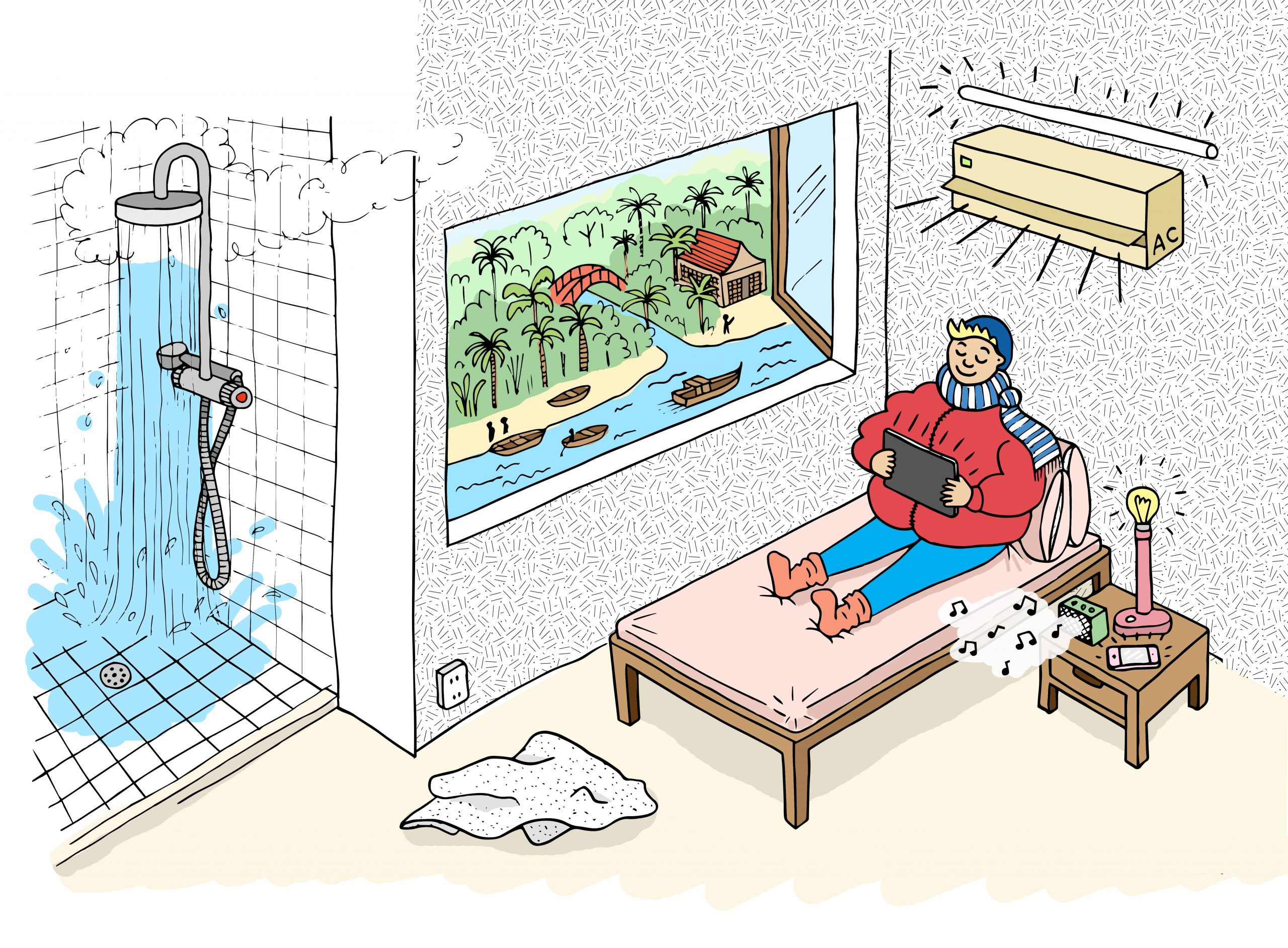
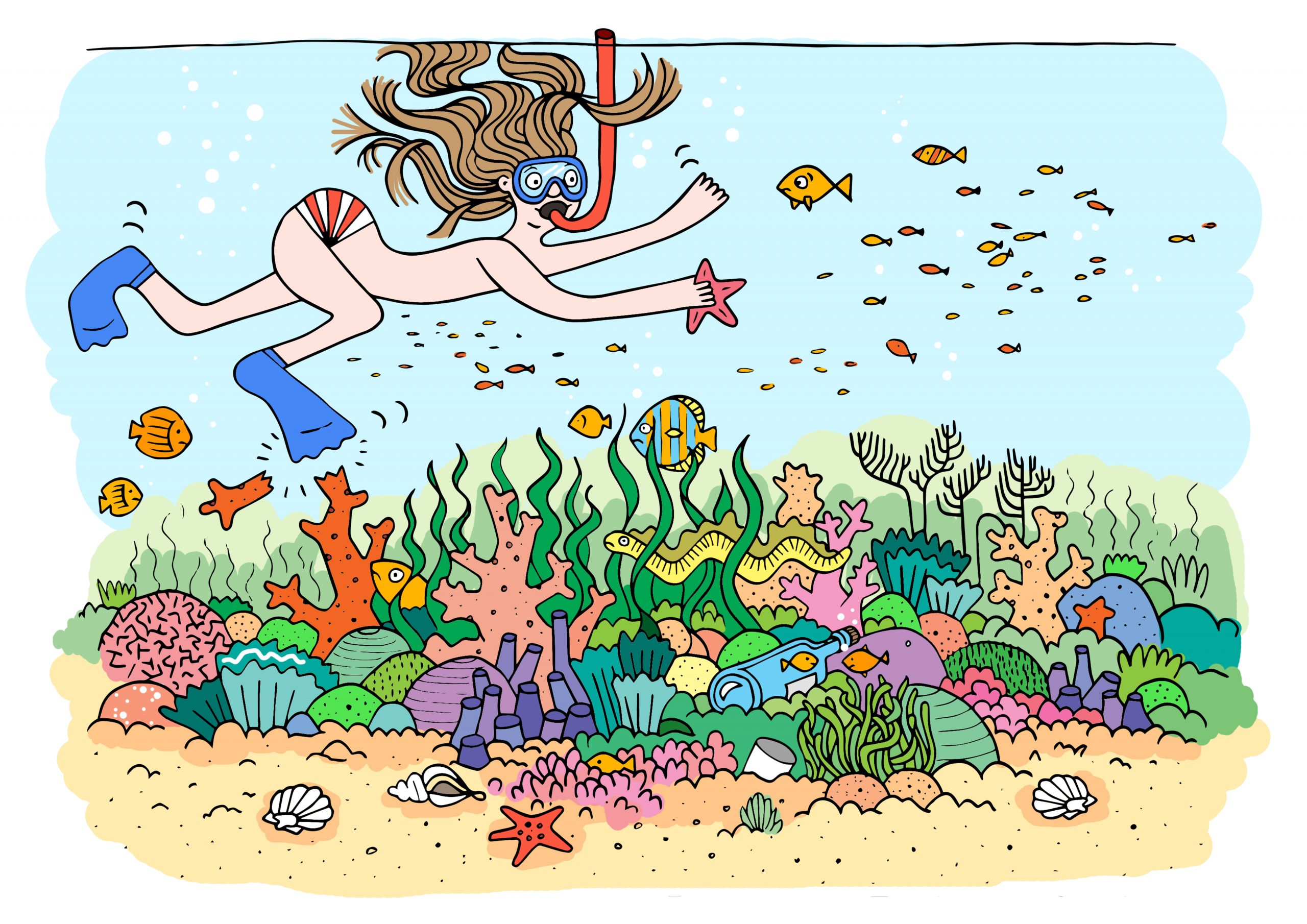
Animal in tourism
We want to protect wildlife and promote conservation, we therefore recommend a sensitive approach to all animal attractions, such as elephant camps, primate centers, tiger zoos or marine wildlife attractions.
An easy rule of thumb for you: places where animals have to perform in an unnatural way, or are chased or lured are not recommended!
Please do respect animal’s natural behavioral patterns. Animals should always have access to food and water, and live free from pain, discomfort, fear or stress.
Never feed or touch wild animals on land or underwater.
Never stare or smile at primates.
If you visit an elephant camp and you see see an elephant forbidden to eat grass, walking on concrete, under the sun, carrying over 150kgs, or performing unnatural activities such as painting, playing football etc… Refuse it!
Stay on the beaten tracks
This is particularly important during the wet season, when it is all too easy to create new tracks in order to get a better footing. When this happens the trail soon becomes a series of footpaths that turn into erosion gullies.
In limestones caves, do not touch formations as natural body oils hinder their growth and discolour the limestone. These have taken thousands of years to shape into what you can see today!
Reduce deforestation by avoiding unnecessary use of scarce firewood such as limiting beach bonfires.
On nature treks, when you need to bathe in streams or lakes, limit soap usage and/or use organic soap and shampoo. Detergent powder is even more harmful to the natural ecosystem, so avoid using it when possible.
